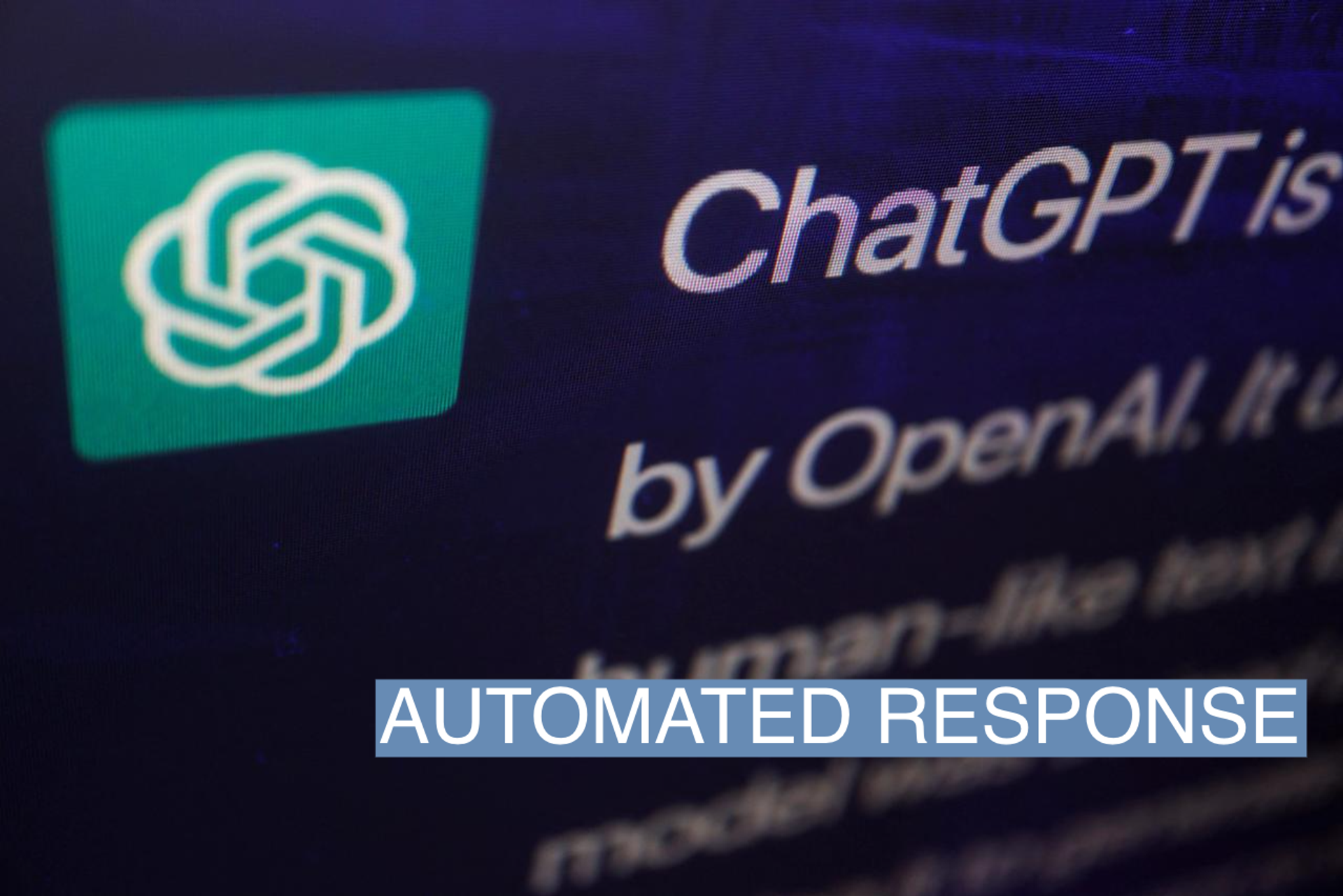The News

ChatGPT, an artificial intelligence tool that creates human-like responses on demand, has Congress playing catch up.
For decades, sci-fi writers and futurists have been telling the world to prepare for an era of disruption as AI takes off, but this year’s high-profile breakthroughs have alarmed some members who are already thinking about how to properly regulate the technology.
“We’ve all been stunned by ChatGPT,” Rep. Don Beyer, D-Va., a 72 year-old member who went back to school recently to get a master’s degree in machine learning. “The fact that it’s here now has really surprised me and I’m probably a little better informed than the average.”
Enter the AI Caucus. The 32-member group serves as a conduit between members of Congress, academia and industry experts and wants to aid lawmakers in making well-informed decisions when considering regulatory issues.
“Congress has really struggled to regulate technology and emerging technology like AI,” Rep. Ro Khanna, D-Calif. said in a statement to Semafor. “I think a lot of the delay is due to technological illiteracy. Lawmakers need to understand how AI can be used and use it themselves in order to regulate it.”
Their role has been to informally weigh in on AI-related issues that may come up in committees. This Congress, they’re prioritizing building up their membership, staffing offices with AI-knowledgeable aides, and working to create meaningful education programs to ensure the rest of the Congress is sophisticated enough to regulate or legislate AI.
When Congress is ready to take the next step, Rep. Ted Lieu, D-Calif. is working on legislation that would create a bipartisan commission to recommend how to regulate AI.
“We’re going to do that once we feel smart enough to know what we’re talking about,” Lieu said.
For now, they’re bringing in experts to try and demystify the technology.
“You’d be surprised at how much time I spend educating my colleagues about the fact that the biggest risks of AI are not the creation of an army of evil robots with red laser eyes taking over the world,” Rep. Jay Obernolte, R-Calif. told Semafor.
Among the more pressing non-Terminator risks, members are looking at challenges to data privacy and academic learning, where there’s already a mini-panic that students will use ChatGPT to make homework obsolete. “How are kids going to get educated if they can just cheat the whole way through?” Beyer said.
But there’s also widespread optimism within the AI caucus about how technology can continue to make humans more efficient (if sometimes rendering us useless). In medicine, for example, AI could take on burdensome administrative duties and improve treatment recommendations. And members also see AI technology revolutionizing the education system for the better — if it can be properly managed.
In the immediate term, it’s national security fears that are most likely to spur Washington to action, though. Rep. Michael McCaul, R-Texas who co-chairs the AI Caucus, told Semafor he plans to work with the Commerce Department to end any export of American AI technology to China.
But the AI Caucus should have plenty of committees making use of their services this year across a wide range of topics. The House Armed Services Committee has already convened to discuss AI-related issues, while Obernolte said both the Science, Space, and Technology and Commerce committees have plans to hold hearings. Rep. Andrew Garbarino, R-N.Y. who’ll chair Homeland’s Cybersecurity and Infrastructure Protection subcommittee, told Semafor that AI is “definitely on a list of hearing topics.” And a spokesperson for the House Intelligence Committee said members plan to “focus on AI and quantum” and “engage with subject matter experts around the country.”
In this article:
Kadia’s view
We’ve been here before. Congress hasn’t been able to regulate social media almost 20 years after Facebook launched. The implosion of crypto sullied the digital currency industry and drew an angry response from members of Congress, but they were slow to implement meaningful guardrails before the crash and still seem divided on how to proceed now. AI technology is moving so fast that it’s hard to imagine they’ll be able to catch up any better.
That’s not to say there isn’t buzz around the issue. Speaker Kevin McCarthy even has a plan to enlist MIT to give members a crash course in bleeding-edge technology.
Room for Disagreement
If Europe can do it, then maybe the U.S. can. The E.U. is inching closer toward passage of the AI Act and the European Parliament is expected to vote on a draft next month, with final passage expected at the end of the year. It would make them the first major regulator to tackle AI.
“We’ll be looking at what they’re doing very closely,” Obernolte said. That said, he added he was concerned that Europe’s “aggressive” approach could end up a cautionary tale if it discourages innovation: “We have to remember that the growth of technology has catalyzed some of the biggest improvements in human prosperity that have ever occurred.”
The View From Microsoft
Last week, Microsoft announced it was incorporating a tailored version of the technology behind ChatGPT in several products, including its Bing search engine. A Microsoft executive, who spent the last few days in Washington meeting with members of Congress and other government officials, said this was a year to be curious instead of judgmental because they are learning about this version of AI in real time.
He said his conversations with policymakers have focused on what the technology means for jobs, national security and the values of society. He also noted that the U.S. is months, not years, ahead of China when it comes to AI advancements and therefore the government should be thinking about how America can stay ahead.
—Gina Chon contributed to this story